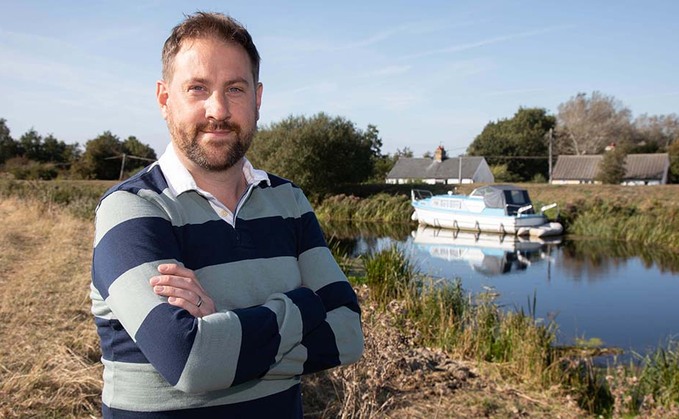
This month's column takes the the form of an open letter to MP Lucy Frazer, who represents south east Cambridgeshire. Dear Lucy, You represent a proud agricultural constituency. Cambridgeshire and...

This month's column takes the the form of an open letter to MP Lucy Frazer, who represents south east Cambridgeshire. Dear Lucy, You represent a proud agricultural constituency. Cambridgeshire and...
A stalwart of livestock farming, John Hall looks back on his life, from national fatstock championships to foot-and-mouth, and his family who have kept him going throughout
Farmers share their stories of how planting is boosting profitability and climate reslience
Pedigree cattle breeding is a passion for the Hodge family, who believe their mixed farming system is key to their business success